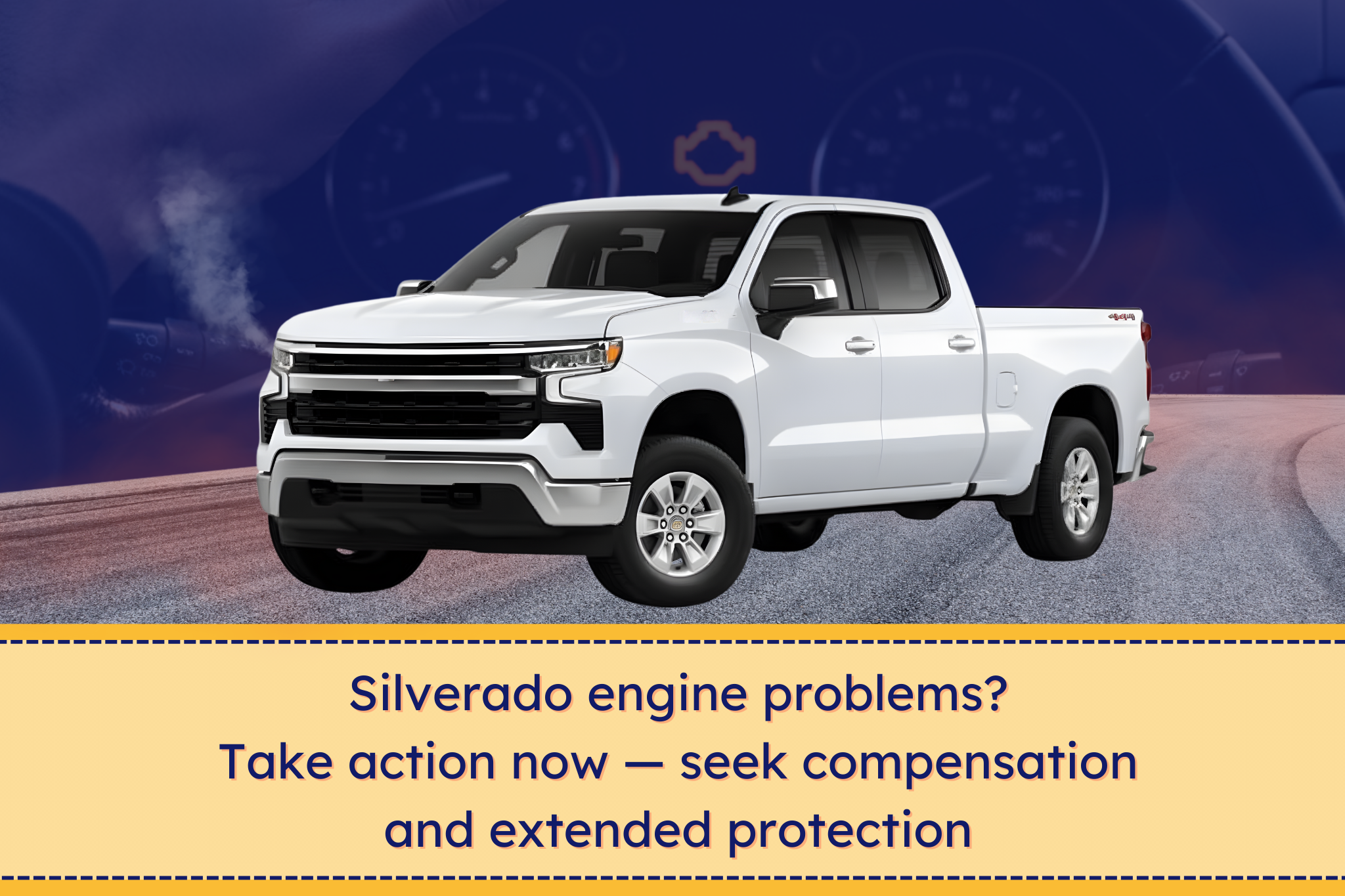
The right direction: How to get the best car loan
We love our cars. In fact, the number of registered vehicles in 2021 was almost as many as the country’s total population. But it's no secret that buying a car is a costly exercise.
In fact, the cost of a new car has risen by an average of 7.4 percent in the past year, according to the latest figures.
Add car insurance, registration and general running costs, and it's easy to see why many people opt for a loan when buying a new set of wheels. But with so many lenders in the market, how do you find the best car loan for your needs?
How do you get a car loan?
The car loan process typically involves submitting an application with the lender. It is accompanied by the required documents such as proof of identification and proof of income. The lender will assess your application and decide whether or not to offer you a loan. If you're approved, the lender will give you a loan contract to sign. Once all of this is sorted, you can pay the seller and drive away.

But before you sign on the dotted line, make sure you understand the pros and cons.
The advantages of a car loan:
-
- A car loan can help you buy a new or used car sooner than if you saved up for the entire cost yourself.
- You can often get a car loan with a lower interest rate than you would if you took out a personal loan.
- A car loan can also be tax-deductible, which could save you money in the long run.
The disadvantages of a car loan:
-
- You'll need to make regular repayments, which can put a strain on your budget if you're not prepared.
- If you don't make your repayments, the car can be seized and sold by the lender, depending on the type of loan you take (more on this later).
- If you miss a payment or default on your loan, you could end up with a black mark on your credit score. This could make it difficult to borrow money in the future.
- The overall cost you'll pay back is higher than the cost of the car because of the interest rate.
What car loan options are available?
Choosing the right car loan can help save you thousands in interest rates and fees. So it's crucial to understand your options before getting one.
Personal loans vs car loans
Personal loans are not specific to cars - you can use them for anything you like. This type of loan is usually unsecured. Which means it's not backed by any security such as real estate or a healthy bank balance. It comes with a fixed interest rate, meaning you'll know exactly how much you'll be paying back each month.
Car loans are specifically for cars and are usually secured. This means the car is used as security for the loan. And if you don't make your repayments, the lender can seize and sell the car. Car loans can come with a variable or fixed interest rate (as we will explain in more detail further down).
Secured vs unsecured car loans
Most car loans are secured. These loans are backed by the car you're buying, which means the lender can seize and sell the car if you don't make your repayments. The main advantage is that you can get a lower interest rate.
Unsecured car loans, on the other hand, aren't backed by any security, which means the lender can't seize and sell your car if you don't make your repayments. But the lender can take you to court to recover the borrowed money. These loans usually come with higher interest rates and can be difficult to obtain - you need to have a high credit score and income – and are mainly restricted to used cars.
Fixed vs variable rates
With a fixed car loan, the interest rate and monthly repayments will stay the same for the length of the loan. This is better if you want to budget for your repayments and know exactly how much you'll be paying back each month.
With a variable car loan, the interest rate and monthly repayments can change at any time. This could mean that your repayments go up if the interest rate rises. So it's important to be aware of this before signing up. But the good thing about a variable loan is that it usually doesn't have an early exit fee, which means you could make extra repayments and pay the car loan back early. And if the interest rates go down, your monthly repayments go down, too.
What about a car lease?
If you're planning to use the car for work-related purposes, you might want to consider a car lease, which is a little like 'borrowing' a car from the lessor. It can either be:
-
- Operating lease. This is when you pay a fixed monthly amount for the use of the car and when the contract expires, you simply return it to the lessor.
- Finance lease. This is when you borrow money from a lessor to buy the car and then make monthly repayments on this loan over an agreed period of time - usually three to four years. At the end of the lease, you have the option to either hand the car back to the lessor or buy it at a predetermined price.
- Novated lease. This is an agreement between you, your employer and the car leasing company, which allows you to salary package a car. You can either use it for business or personal use, and the car lease payments are taken out of your pre-tax income. This could be a good option if you want to upgrade your car every few years or want car payments to be automatically deducted from your take-home pay.
All options have their advantages and disadvantages, so it's important to weigh these up before making a decision. For example, an operating lease can be seen as more flexible as you can hand the car back at the end of the contract, but a finance lease might be better if you want to buy the car at the end. A novated lease is great for company employees, as it allows them to use pre-tax dollars to buy a car with their salary.
The main advantages of car leases include:
-
- No large upfront payments - with a novated lease, you only need to pay for the first month's lease and tax upfront.
- Monthly payments are lower than a car loan.
- For a novated lease, the running costs (eg: registration, servicing, insurance) are paid for by your employer if the offer is a fully maintained novated lease.
- Purchases can be tax-deductible (see below).
However, there are some downsides, too:
-
- Technically the car is not yours, which means you may not be allowed to modify it. There may also be a limit to how many kilometres you can drive the car in a given time. If you don't follow these limitations, you may be fined additional fees.
- If you terminate the lease contract prematurely or if you resign from the company, you may incur penalties.
- Unless you renew or trade in the car for a new model, you may be obligated to pay the residual value of the vehicle at the conclusion of your lease. Get an idea of what this amount could be before you sign up, as it could be significant.
How much can I afford?
Before you start searching for a car loan, it’s important to know how much you can afford. The best way to do this is first to look at your income and expenses.
Your car loan repayments should not be more than a third of your monthly income. This includes the cost of the car, interest rates and any other associated fees. So if you take home $5,000 per month, your monthly repayments on a car loan shouldn’t be more than $1,666.
If you have a bad credit history, you might not be able to borrow as much money or you might have to pay a higher interest rate.
The bottom line is only borrow what you can afford. To work out how much you can afford to borrow, use a car loan calculator, speak with a financial advisor or get pre-approval.

A pre-approval service gives you an idea of how much you’re able to borrow. This is not a guarantee that you will receive the loan but it does give you a good indication of what’s likely to be your limit. It also puts you in a better bargaining position when you know how much you have to spend.
How do I get the best deal on car loans?
There are a number of things you can do to ensure you’re not paying through the nose for your new car.
Compare rates
Start by looking at a variety of lenders and compare their interest rates, fees and loan terms.
The Australian Securities and Investments Commission (ASIC) recommends focusing on:
-
- Comparison rate - it refers to the true cost of the loan, which includes the interest rates and all the fees and charges related to the loan.
- Interest rate - what you’ll be charged as part of your car loan depends on a number of factors, including the amount you borrow, the length of the loan and your credit history. Generally, expect to pay between 2.89 and 10 percent per annum.
- Application fee.
- Other charges, such as monthly fees and missed payment fees.
- Ability to make extra repayments without penalties.
- Loan term.
- Loan conditions.
You can use comparison websites such as Finder, iSelect and Mozo but note that these are businesses that make money through either sponsored links or commissions from car loan providers. So tread carefully.
Use a loan calculator
You can also use a loan calculator to help you work out how much your repayments will be and how long it will take you to pay off the loan. This is a great tool for seeing how different interest rates and loan terms will affect your monthly repayments.
Is a car loan tax deductible?
One of the advantages of taking out a car loan is the tax benefits - if you use your car for work. For example, if you use your car 50 percent of the time for business, you can claim 50 percent tax deductions, using the logbook method.
If your car is on a lease, there are other tax benefits. You may enjoy GST savings on a novated lease and tax deductions for finance lease rental payments.
The Australian Taxation Office (ATO) has a full list of car expenses you can and can't claim.
Your car loan and credit score
Your credit score determines how risky it is to lend you money. A higher credit score could mean you’re able to get a lower interest rate on your car loan.
A car loan will affect your credit score in good and bad ways. If you consistently show responsible credit behaviour and are repaying your loan on time, it will have a good impact. But if you submit multiple car loan applications at once and/or have missed payments, it will reflect badly.
It can also affect your mortgage application. According to ASIC, a lender may determine you will struggle to repay a mortgage if a credit check finds your income does not adequately cover your debts, such as car loans, and other expenses.
If a lender says ‘no’
If you’re rejected for a car loan, all is not lost. Firstly, get the reasons in writing. If it’s about your credit score, then you could try to improve your credit score by paying off your debts and making on-time repayments.

Checking your credit score is also the best time to review the details on your credit report to make sure lenders have the right information and you have not been a victim of identity theft.
Secondly, you could consider a personal loan instead of a car loan. Finally, you could try to find a guarantor for your car loan. A guarantor is someone who agrees to repay the loan if you’re unable to. This might be a family member or friend.
Say no to low
Finally, bear in mind that the loan offering the cheapest monthly repayments isn't necessarily the best and can actually end up being the most expensive. Again, compute the true cost before settling on a loan. Ask yourself:
-
- Is there a balloon or residual payment at the end? Even though the monthly payments appear to be smaller, you'll have to repay the entire sum with interest, therefore increasing the overall cost of the loan.
- Does the loan have fees that when combined make the loan cost much more than one with a higher repayment?
- Does the terms and conditions limit the make and model car you can take out a loan for?
Remember that you don't need to take the first car loan offer that comes your way. Shopping around and being patient could save you a lot of money in the long run.
If you’re having trouble with your car loan application or lender, you can lodge a complaint with the Australian Financial Complaints Authority (AFCA). But there are issues you can’t complain about with AFCA, so talk to us. And we’ll handle it for you.
If you're unhappy with how your complaint is being handled, or you haven't been given a replacement car while your vehicle is with the dealer for an extended repair, tell us and Handle My Complaint will help resolve the issue.






